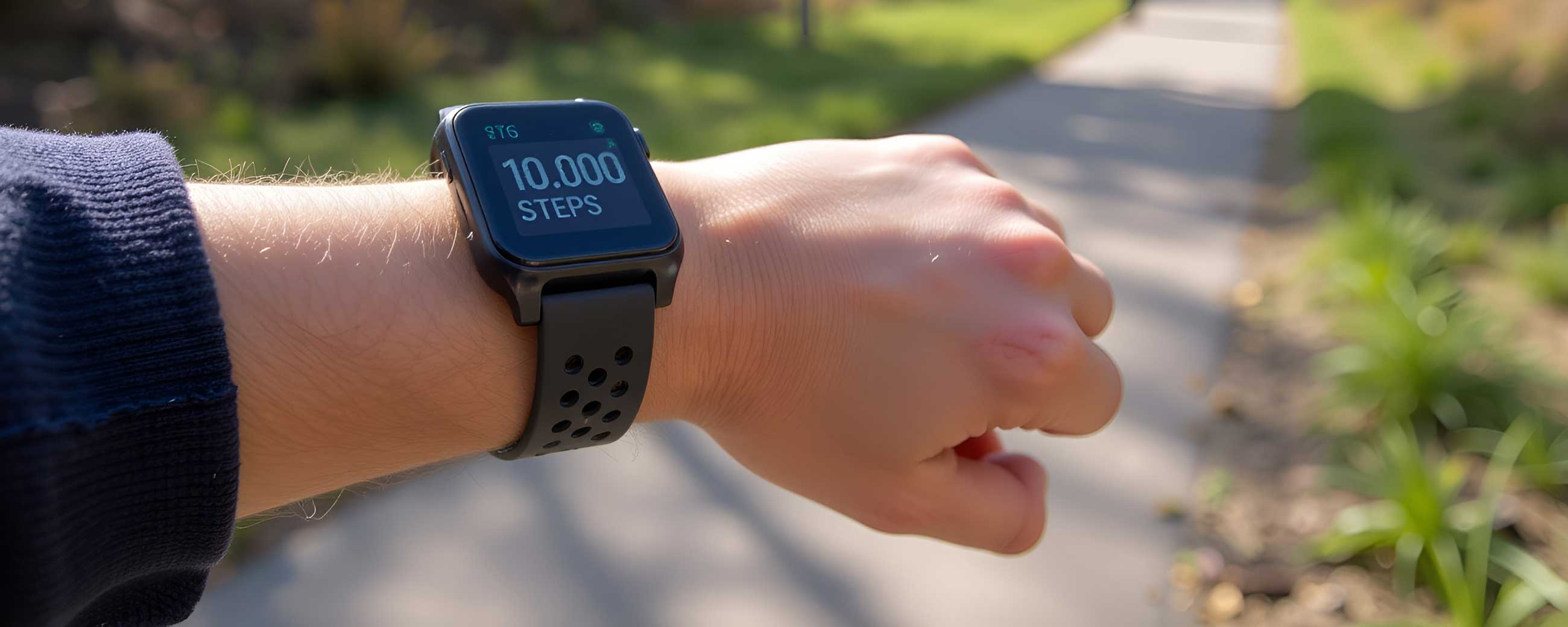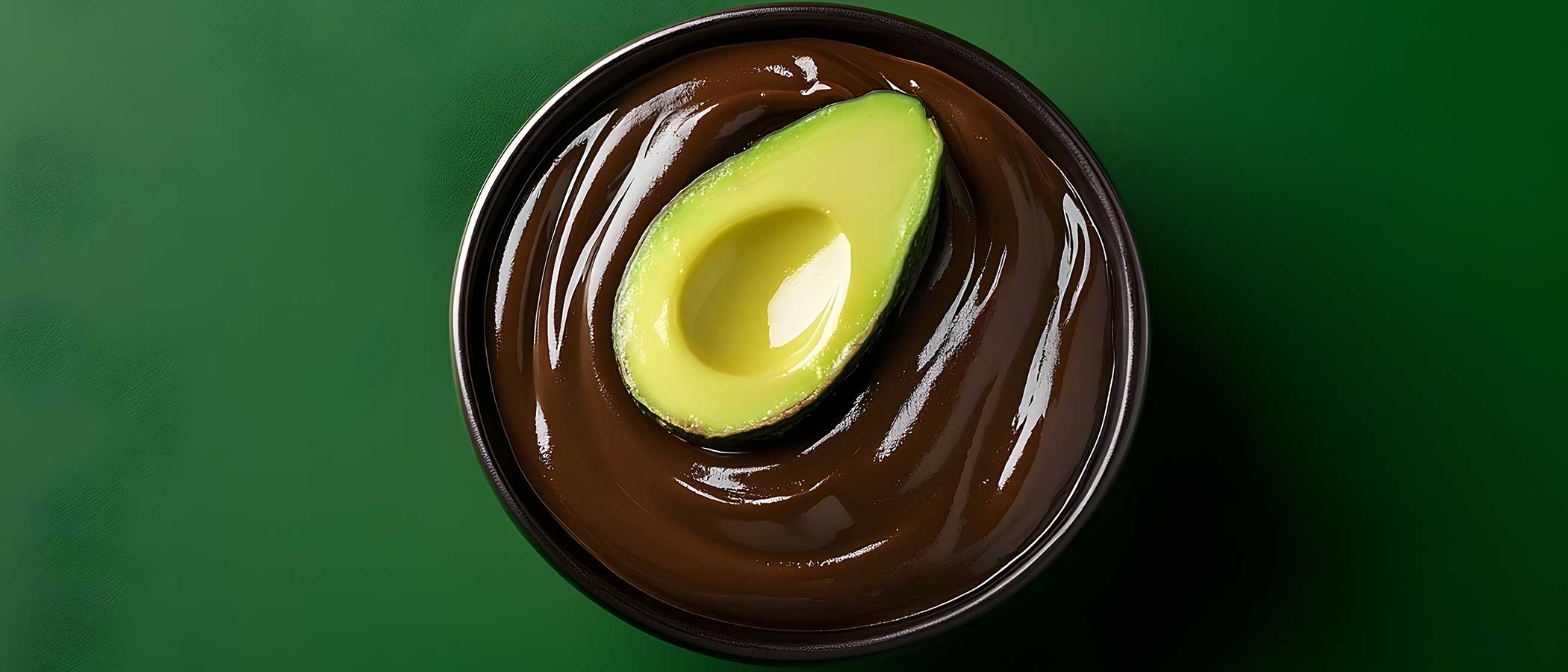
Junk Journaling 101: How to Turn Scraps into Self-Expression
Ever checked your pockets at the end of the day? You might have found ticket stubs from a concert or amusement park, or a dried flower you picked on a hike. These bits of flotsam can be hard to throw away because of their sentimental value, but often end up lost or in the trash anyway because of their inherently ephemeral nature.
Enter junk journaling. Junk journaling is a creative hobby that can help you destress, preserve memories and ideas, and help you organize your thoughts and feelings into something tangible and attractive… all by using the detritus you are already collecting as part of your day-to-day life.
Want to get started? Let's have a look at junk journaling, and how you can make your first junk journal.
What Is Junk Journaling?
So is junk journaling like scrapbooking? Yes and no. Junk journaling is a low-stress, improvised form of journaling that embraces the ephemera (like scraps of paper or fabric, dried plants, stickers, etc.) we all collect as part of our day-to-day lives. It's a way to document your life that's more than just putting words down on the page, and a way to create art out of things that might otherwise be discarded.
Unlike scrapbooking, junk journaling doesn't need to stick strictly to commemorating past events. You can make junk journals that feature your dreams and goals for the future, your hobbies and passions, or really, anything that speaks to you. Many junk journaling aficionados will make multiple journals, each for a different theme. The key is to use found materials that speak to you.
Benefits of Junk Journaling
If you've kept a journal or scrapbook before, you probably know how relaxing (and fun!) it can be. Journaling can help you relax, relieve stress, and serve as a mindfulness practice, as well as a method to set and track your goals. Given the known correlation between art, stress relief, and improved mental and physical health, junk journaling is a perfect low-impact way for anyone to integrate more creativity and mindfulness into their life. It's for reasons like this that mental health professionals guide people on how to start journaling for mental health every day.
While there are many forms of journaling that can have mental health benefits, junk journaling is one of the most accessible, especially for newbies to journaling. Why? Because junk journaling has no rules! Anything goes, giving you creative freedom without worrying about "doing it wrong."
How to Start Junk Journaling
Here's the basic steps on how to start junk journaling for the first time:
Step 1: Get your supplies
You'll need a physical journal to serve as your junk journal, and this can be a notebook you already own, one you buy specifically, or even a handmade "zine" style collection of bound-together pages. Beyond the actual journal though, you'll need pens, colored pencils, markers—basically anything you can write with. You may also want to use stickers, ribbon, dried flowers and leaves, or other bits and pieces in your junk journal Ssites like Etsy have a variety of junk journaling supplies, from washi tape with fun patterns to colorful paper cutouts to vintage ephemera to add to your junk journal.
Step 2: Choose a theme
While themes don't have to be strict in junk journaling, they're a great way to structure your journal. Themes can be something specific, like "Summer 2025," something more general, like "Goals and Plans," or even artsy and abstract, like “Red Things That Remind Me Of My Childhood.” Whether your theme is about memories, ideas, or a favorite hobby, this can also impact what kind of supplies you buy—for instance, you may want to buy stickers or washi tape that are evocative of the theme.
Step 3: Pick a layout or a prompt and get going!
Now that you have your materials and a theme, it's time to start! The first blank page can be intimidating, so check out some junk journaling page layout ideas for inspiration. You can start with a collage, a decorated block of text, make a little paper pocket to glue in and fill with bits of this and that—the possibilities are endless!
The major tip we’ll give: just begin.
What Do You Write in a Junk Journal?
As with all journaling, what you write in your junk journal is up to you! It's not really a question of "what do you write in a junk journal" so much as whether you include much writing at all, or stick primarily to collage, sketches, and other nonverbal forms of self-expression.
That said, many "junk journalists" like to add in original writing. Some people like to tie their writing to a theme, like writing down memories of different trips in a travel journal, or writing affirmations in a journal of future plans and dreams.
But it doesn't have to end there. Write down poetry and song lyrics, whether they're old favorites or your original compositions. Even fiction is A-okay; the point is only that whatever you write means something to you.
Inspiring Junk Journal Ideas
While any junk journal idea is a good junk journal idea, sometimes we all need a little bit of inspiration. Social media sites like Pinterest have hundreds of junk journal ideas, but you can also go by more general thoughts on technique. For instance, consider making two-page spreads for a mini vision board in your junk journal, or adding in ticket stubs and brochures from a trip (perhaps in a helpful pocket made from wrapping paper or another attractive material) as part of a travel or memory journal. Remember, even if an idea you like seems a little "out there," it's your junk journal; there's no one judging you here, so go for it!
Conclusion
Even if you're still not sure your junk journal will be social-media-worthy, that's no reason not to get started! (In fact, we’d argue that’s irrelevant: this is for you, and you don’t need social media to validate you.) Junk journaling is for everyone, and there's nothing wrong with being a beginner; the whole beauty of junk journaling is that it's a low-stakes place to explore your creativity where you literally can't go wrong. So, grab that old spiral-bound notebook and whatever art supplies you've had in your desk drawer for years, and give junk journaling a shot today!

This publication is intended for informational purposes only and is not meant to be a substitute for professional medical advice, diagnosis, or treatment. Always seek the advice of your physician or other qualified health provider with any questions you may have regarding a medical condition or any advice relating to your health. View full disclaimer









